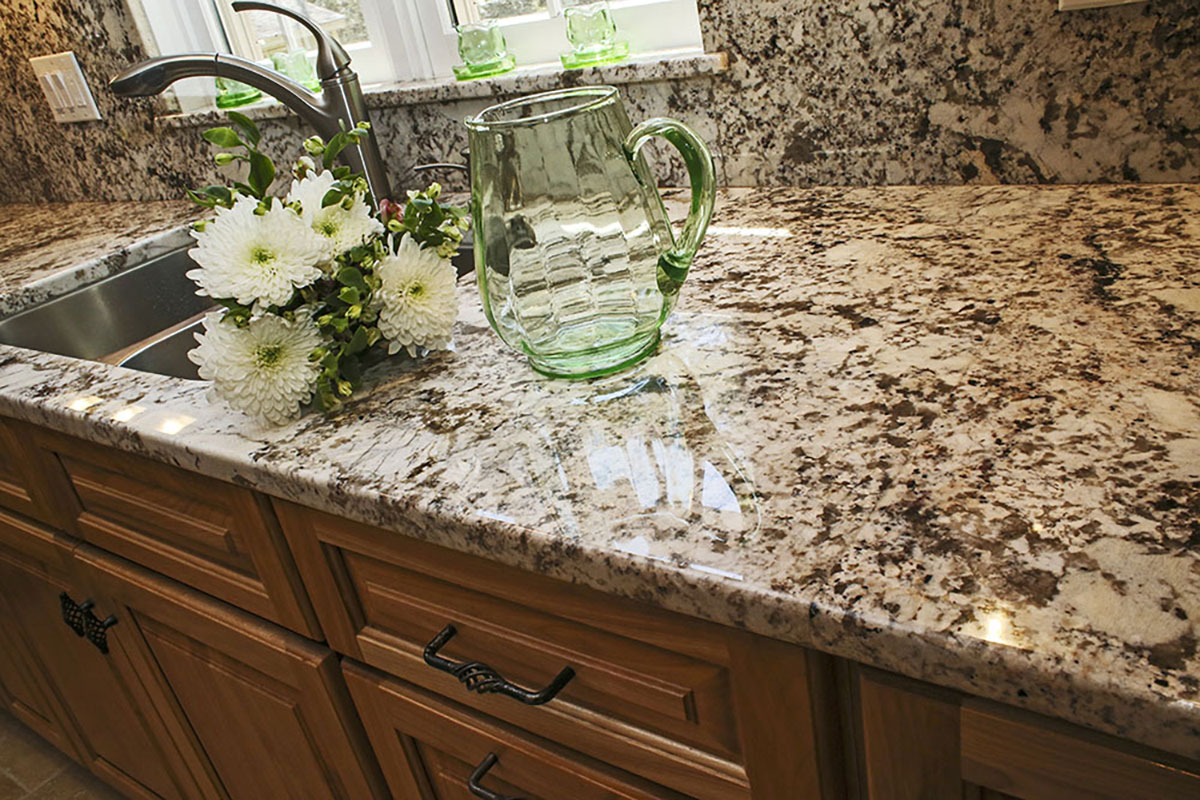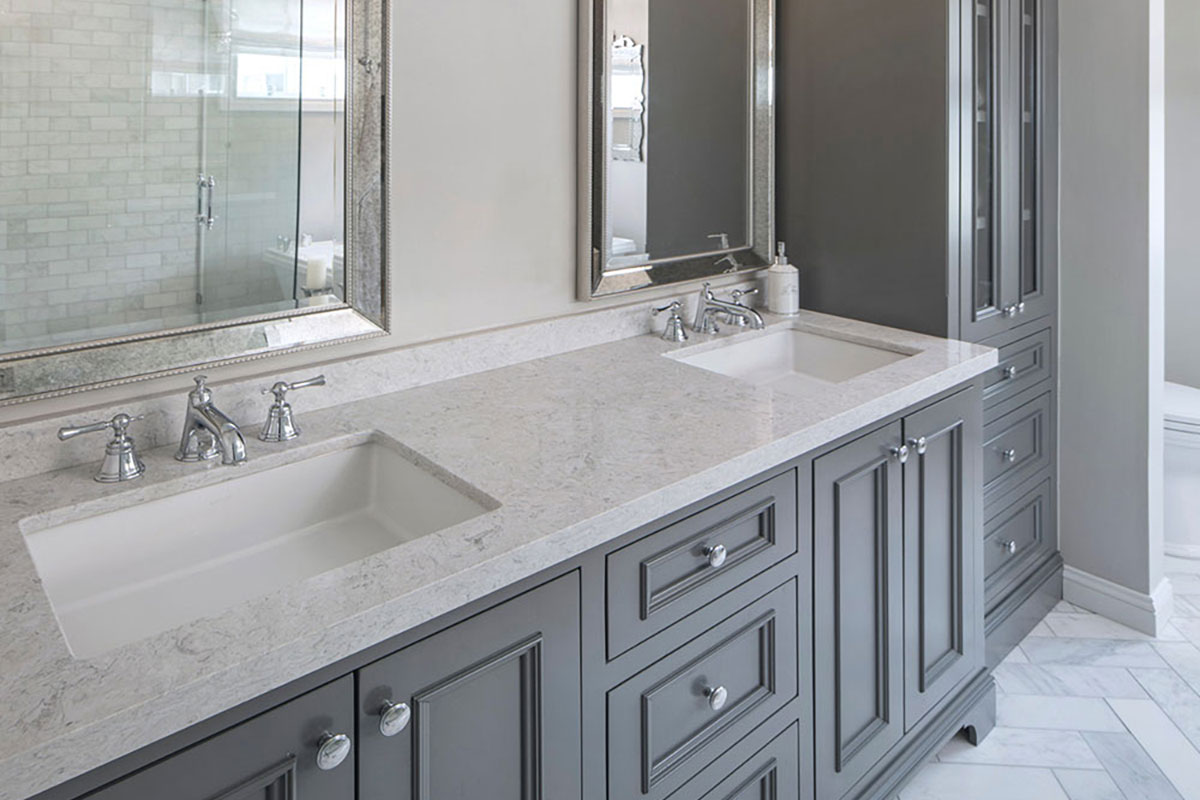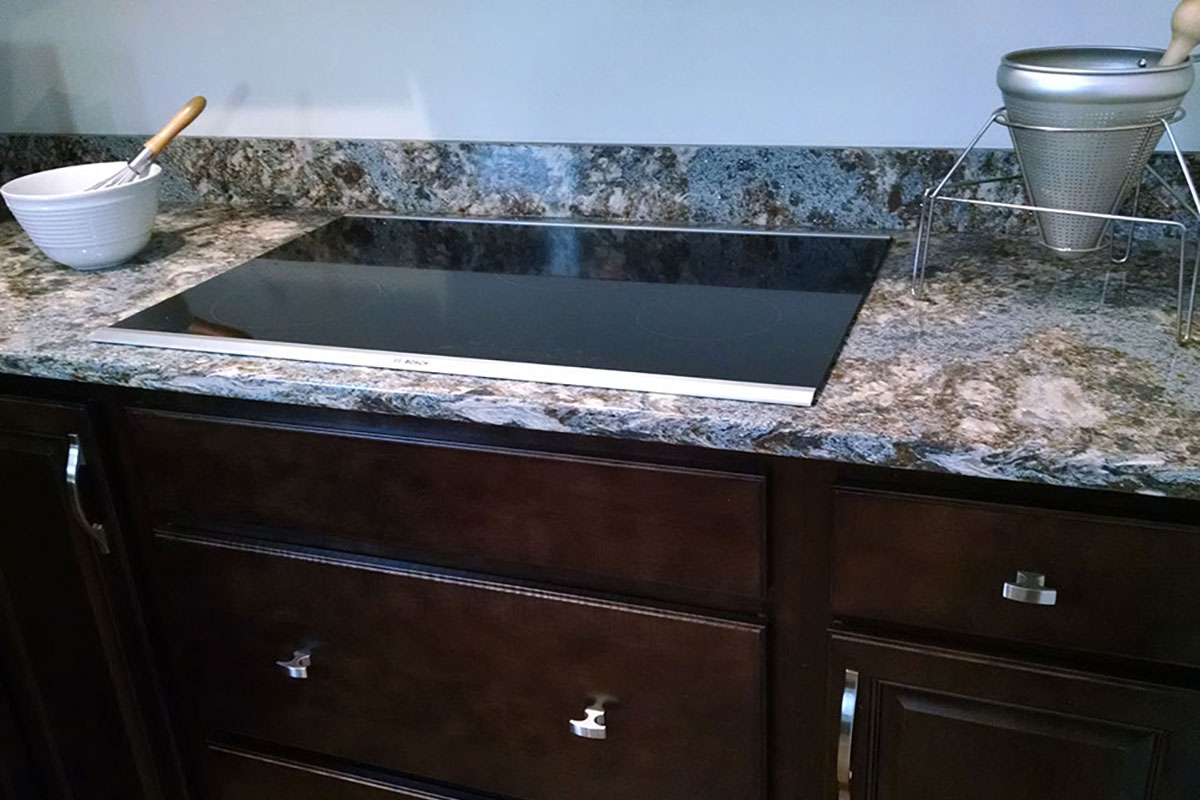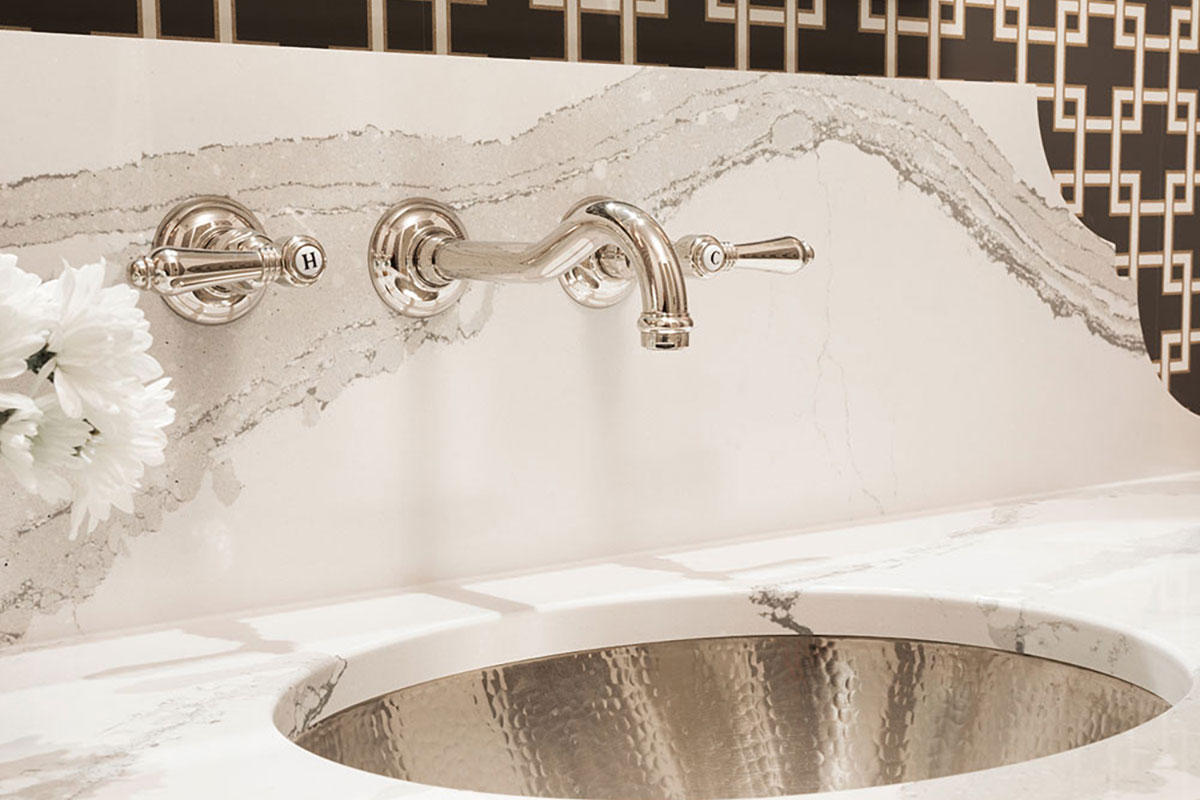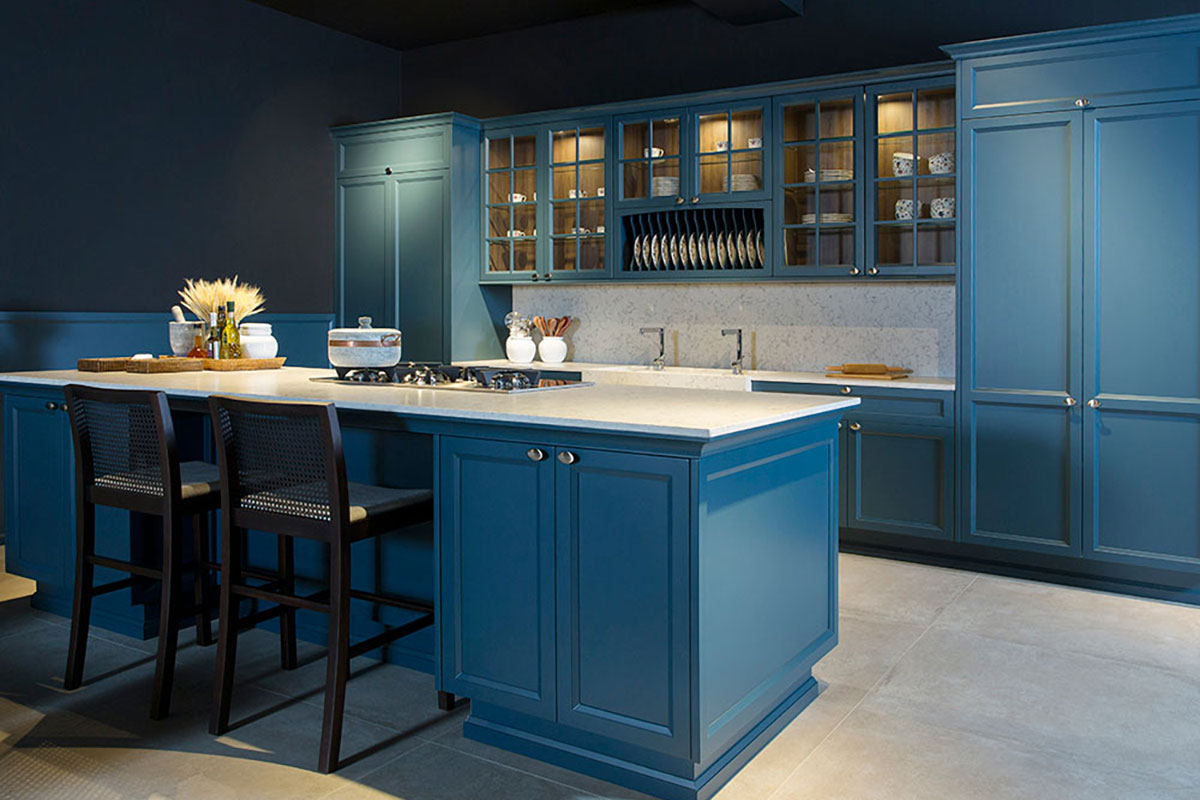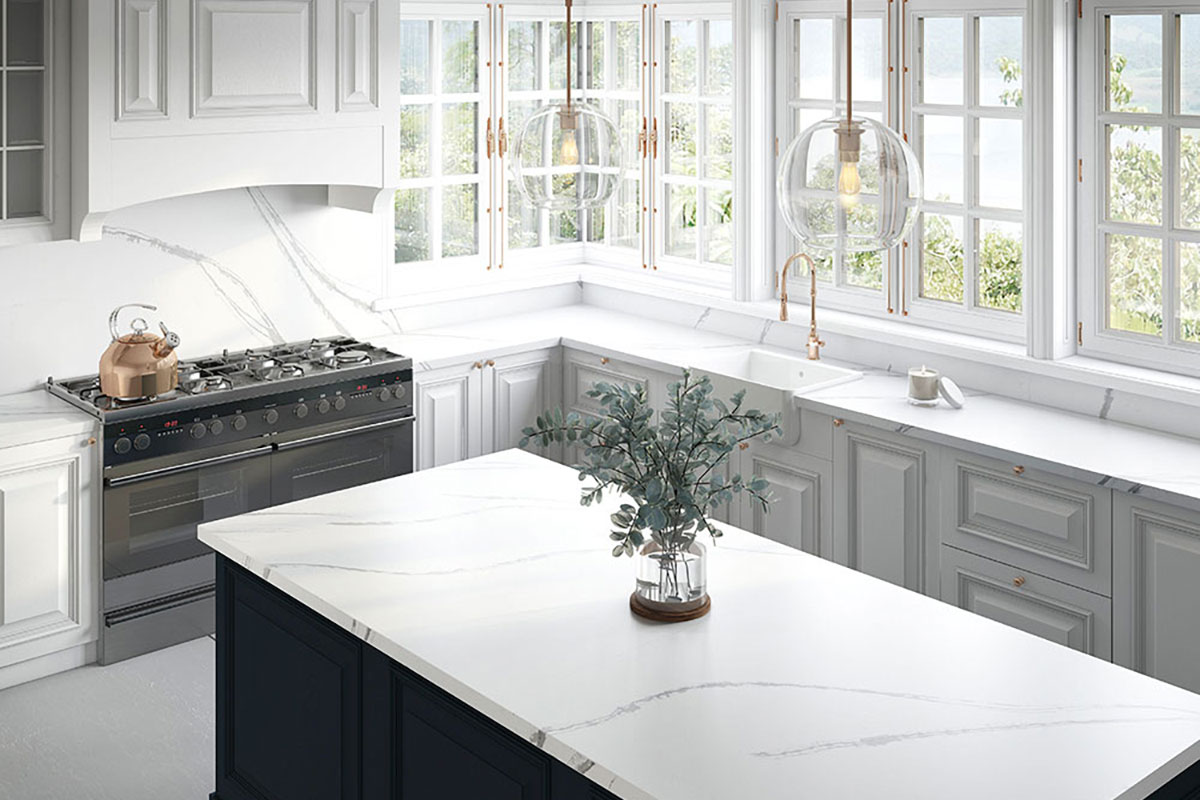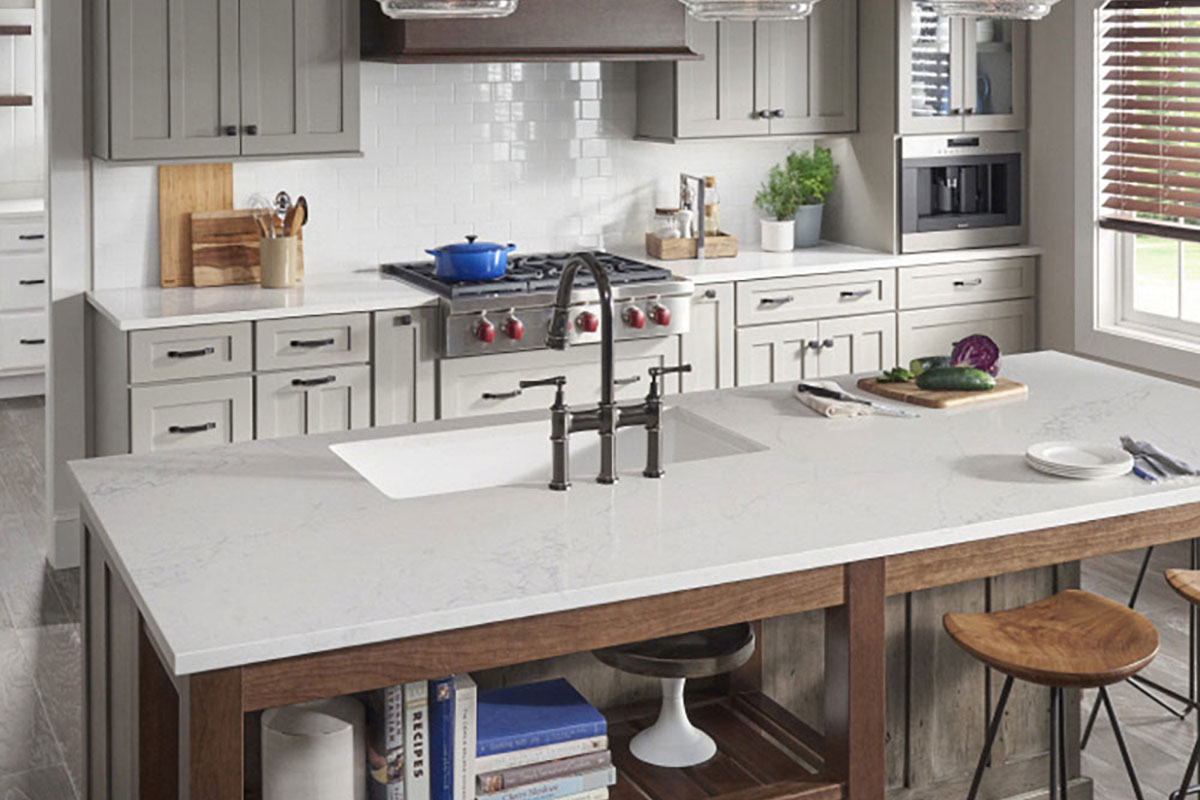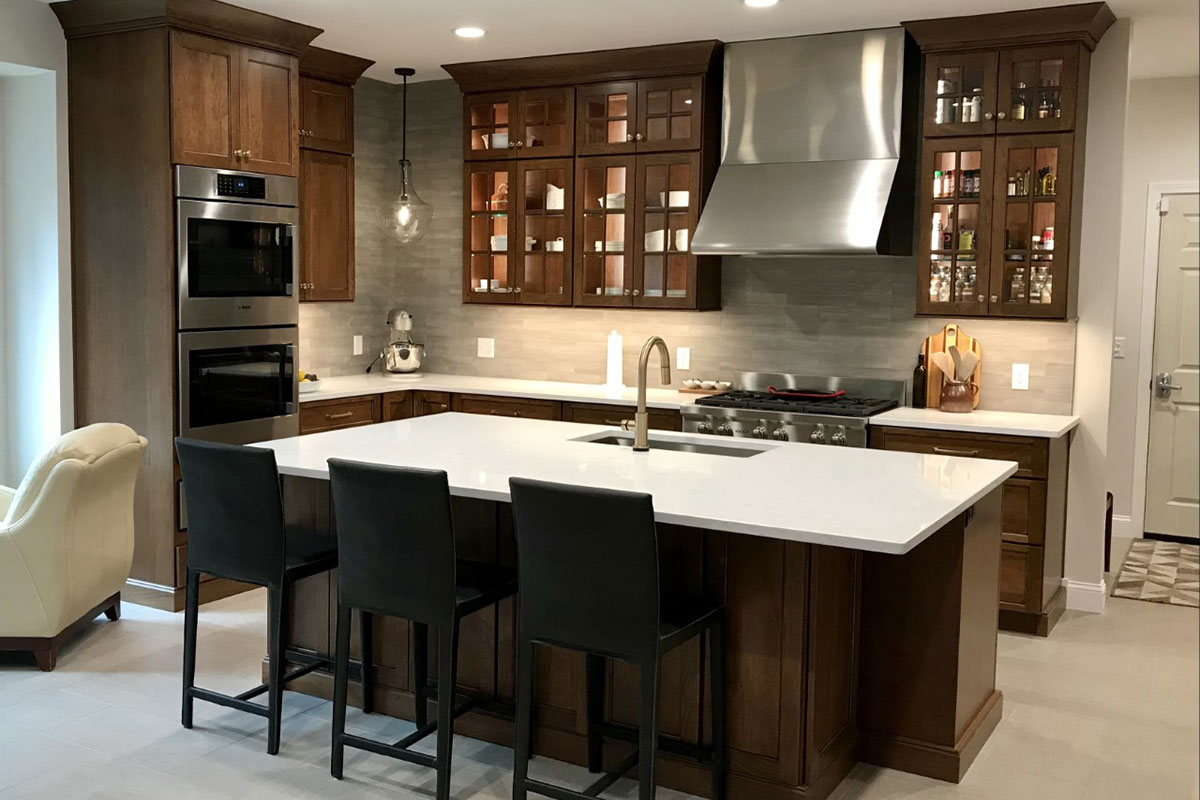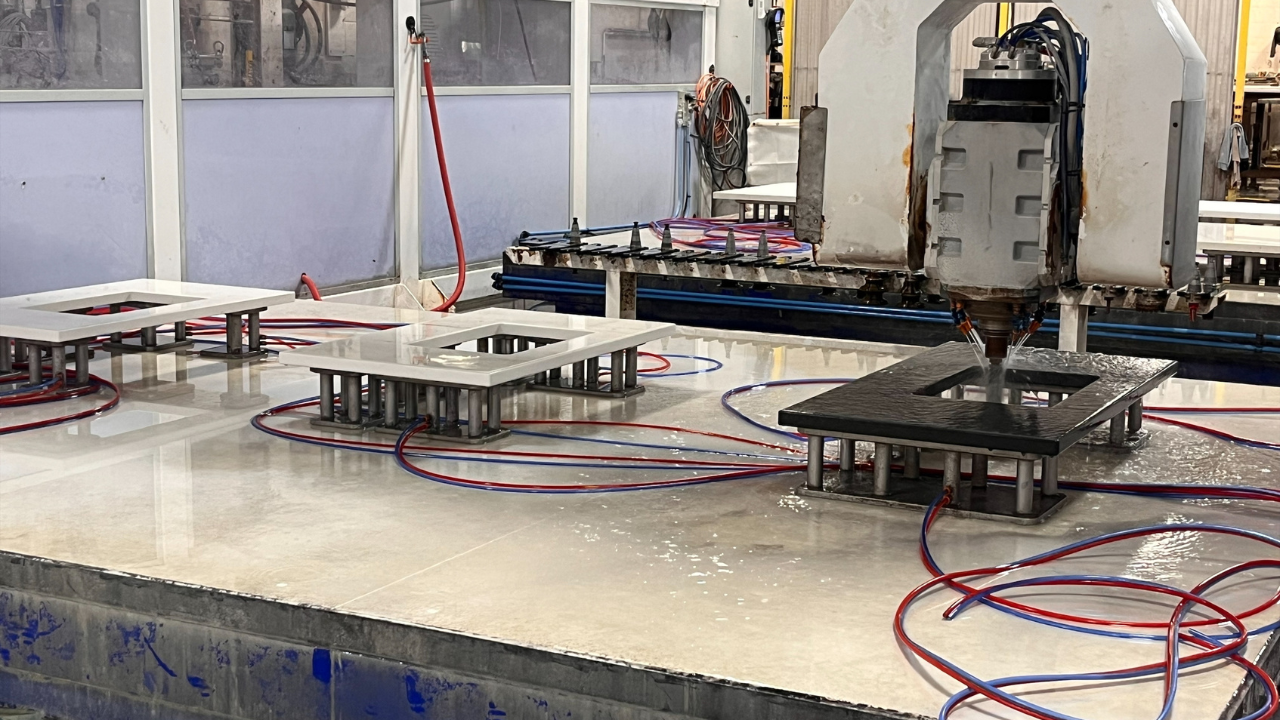
When it comes to fabricating stone countertops, wet cutting is a crucial safety practice that involves using water to suppress dust created during cutting and shaping. This simple yet effective method keeps harmful silica dust from becoming airborne, protecting workers and the workspace. Understanding why wet cutting matters can help you see how companies like Rumford Stone prioritize both craftsmanship and safety in every project.
The Hazards of Silica

According to the Occupational Safety and Health Administration (OSHA), breathing in silica dust poses serious health risks, including silicosis, lung cancer, and chronic obstructive pulmonary disease (COPD). Cutting stone materials without water generates airborne silica dust, which can be inhaled by workers and cause severe respiratory illnesses. OSHA emphasizes that using wet cutting tools dramatically reduces the amount of silica dust released, protecting workers’ health and ensuring safer working environments.
https://www.osha.gov/silica-crystalline
Hazards to Watch For
In this Hazard Analysis by OHSA, specific hazards were noted in many shops. These include:
- Wet Cutting or Water Suppression Not Used: Workers cut silica-containing materials without using water to suppress dust, causing airborne silica exposure.
- Inappropriate Water Recycling: Unsafe applications of water recycling, without proper filtration systems.
- No Air Monitoring or Exposure Assessment: The employer did not conduct air monitoring to assess silica levels and ensure compliance with permissible exposure limits.
- Lack of Housekeeping Measures: Dry sweeping or other dust-generating cleaning methods were used instead of vacuuming or wet cleaning to reduce dust.
https://www.osha.gov/sites/default/files/publications/silica-hazard-alert.pdf

Appropriate water recycling measures are safer and produce less waste.
The Rumford Stone Difference
Many shops, like Rumford Stone, take steps to ensure that employees have safe conditions for fabrication. This includes wet cutting tools, and the training to use them. Rumford Stone recycles water to reduce water waste – but with the filtration systems correctly in place. This ensures that we are sustainably minded while protecting the fabrication shop.
Air monitoring is important to ensure that your employees are not being met with unsafe levels. Consumers can ask their fabricators about their air monitoring.
Shops should utilize a wet cleaning process, to ensure that silica is contained and elimnated from the work spaces without being brought into the air. Rumford Stone hoses down machines and workspaces frequently, to protect our work as well as our staff.
Summary
When choosing a fabricator, it’s worth asking how they prioritize safety in the shop. Companies that use wet cutting, proper water filtration, air monitoring, and safe cleaning practices protect both their employees and the quality of their work. At Rumford Stone, we take these steps seriously so you can feel confident that your countertops are crafted in a safe, responsible environment.





